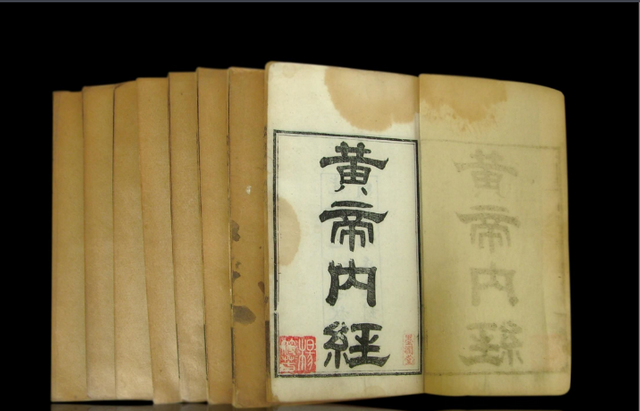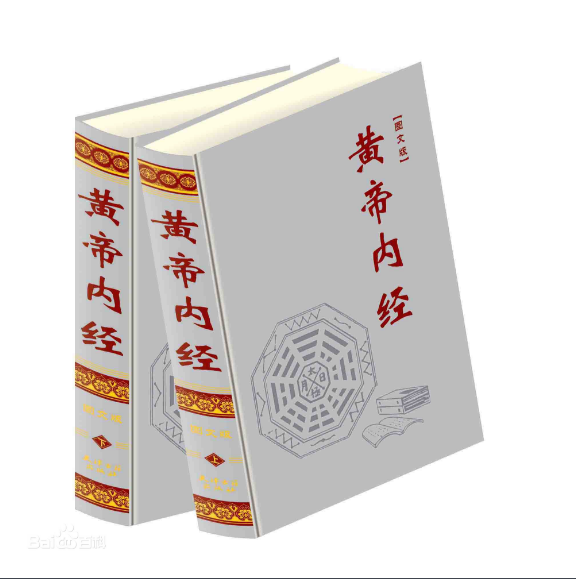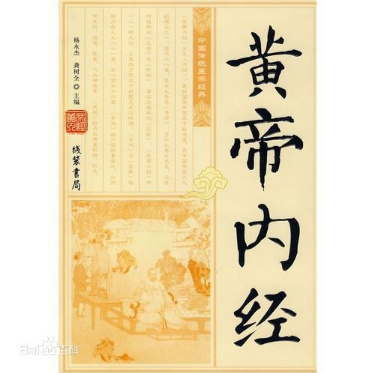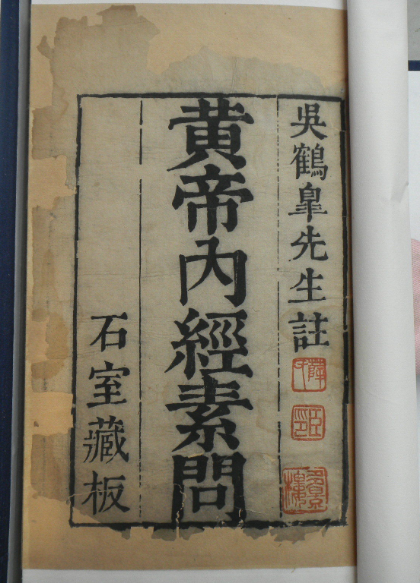Huangdi Neijing is the earliest classic of TCM theory in China. Its publication has created a unique theoretical system of TCM in China.
The Yellow Emperor's Internal Classic stresses that the human body and the nature are a whole, while the various parts of the human body are also interrelated and mutually restrictive.
Over the past five thousand years, Chinese medicine has been based on the theory of Huangdi Neijing to prevent and treat diseases, seek benefits and avoid disadvantages.

Firstly, tranquility and nothingness, true Qi, spiritual integrity, and safety of illness?
Quiet and indifferent, not greedy, the body is full of true Qi, Qi and blood, spiritual integrity, miscellaneous thoughts are not born, so how can the disease attack you?
On the contrary, if greed is insufficient and busy with fame and fortune every day, it will surely sink itself into endless troubles and fatigue, and evil will take advantage of the void.

Second, the four seasons of Yin and Yang are the beginning of all things, the basis of life and death, the opposite is the disaster, from which it can not be harsh.
The change of Yin and Yang in four seasons is the basis of all life. We should maintain Yang Qi in spring and summer, and Yin Qi in autumn and winter.
If this law is violated, the human body will lead to abnormality and illness. If the law of nature is obeyed, the human body will be normal and healthy.

Thirdly, happiness leads to Qi and Zhida, and Rongwei leads to Li, so Qi slows down.
When people are in a happy mood, the Yingwei Qi runs smoothly, which has certain benefits to the body, but excessive joy can also make the mood diffuse, so happiness is slow.
Fourth, life is ten years old, the five zang organs begin to settle, blood gas has been cleared, its gas is lower, so it is easy to go.
By the age of 10, the five zang organs have basically developed and the blood gas has been running smoothly. And the children are pure Yang body, full of yang, and have no worries, so they are in low spirits and like running.
If children don't like sports, it's not good.
Fifth, the heart is also the master of the five Zang-organs and six viscera, while sadness is the heart, and the heart is the shaking of the five Zang-organs and six viscera.
The heart is the dominant organ. People have joy, anger, sadness, joy, sadness and sorrow, but whether they are sad or happy, they will disturb the peace of mind, and mental disturbance will affect the internal organs, so excessive sadness or excessive joy is not good for health. Maintaining a calm heart is the key to health.
